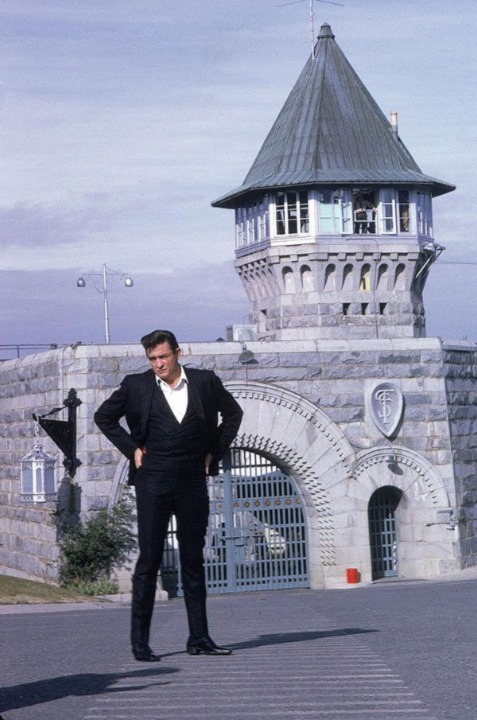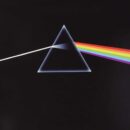Live at Folsom Prison was an album years in the making. Johnny Cash’s first exposure to the California state prison was not when he entered the gates in 1968 but instead at an American airbase in West Germany.
After viewing the movie Inside the walls of Folsom Prison, in 1951, Cash was inspired to pen the lyrics to Folsom Prison Blues.
The album is famous for its line “I shot a man in Reno just to watch him die,” which Cash sang as a child to his parents’ amusement. The song provides the opening to Cash’s legendary performance at Folsom State Prison.
A permanent fixture of Cash’s storied legacy, the album may best be enjoyed incarcerated. Its’ themes of criminality, lonesome sorrow and prison life are not a tribute to his audience of jailbirds but rather a nod of understanding and respect. Much of the 55-minute recording is appropriately dedicated to Cash’s cache of prison songs.
Cash was a pioneer in the outlaw country genre. Songs like Cocaine Blues, in which a man shoots and kills his woman while on a coke binge serve to give credibility to Cash in front of his audience of convicts.
Other tracks tell another side of the criminal life. Give my Love to Rose is a beautiful song about a released prisoner who meets a stranger while he lay dying by some railroad tracks. He gives the stranger all of his possessions on the promise that he will deliver them to his wife and son. His parting words are a plea that the stranger give his love to Rose.
Cash’s performance at Folsom prison and subsequently at San Quentin State Prison cemented his legacy as a prison reformer. At the time this wasn’t a popular cause but it was in stride with Cash’s efforts to be an advocate for the voiceless. He also penned songs about the plight of Native Americans and spoke out, decrying their treatment.
The performance at Folsom prison was an act of mercy on Cash’s behalf. The easy thing to do would be to ignore the nation’s inmates but Cash humanized them. 1968 was a tumultuous time in American history. Few had an appetite for prison reform, and by no metric was the Folsom Penitentiary a safe place. It was full of some of California’s most violent felons.
But for 55 minutes, Johnny Cash put aside their misdeeds and they became his audience for one of the most unique album recordings of all time.

